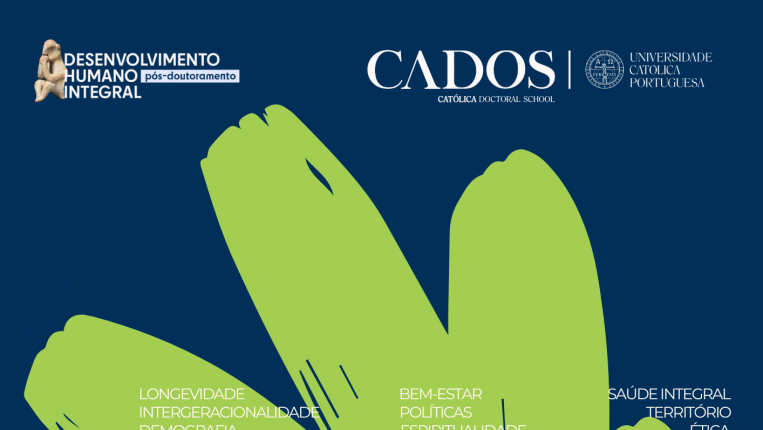Abstract
An underground theory cannot be limited to the literary, artistic or aesthetic analysis of works, whether fictional or philosophical, distancing itself from concrete human reality.
If it is true that from Plato to Dostoiévsky, political and social reality did not cease to be present in their writings and many dedicated themselves to it (political philosophy, especially that produced from the 18th century onwards, is a good example of this), it is not It is less true that the political-economic changes that began with the end of the Second World War transformed this reality globally. The impact of globalization first and the technological advancement that followed, has generated and will generate scenarios of global poverty that are only possible to understand in the light of an underground theory. Theory that seeks to explain the existence of the underground as a support for the opulence of a global elite that masks reality. Following the suggestion of authors as diverse as Chossudovsky or Zygmunt Bauman, Anselm Jappe or Yuval Harari, we will seek to present the justification and validity of such a theory for the present reality.
Biographic note
Member of the IEF-University of Coimbra. PhD in Philosophy. Has taught at several universities and publishes regularly in specialized journals. Author, editor and co-author of several books.
IEF - Universidade de Coimbra



